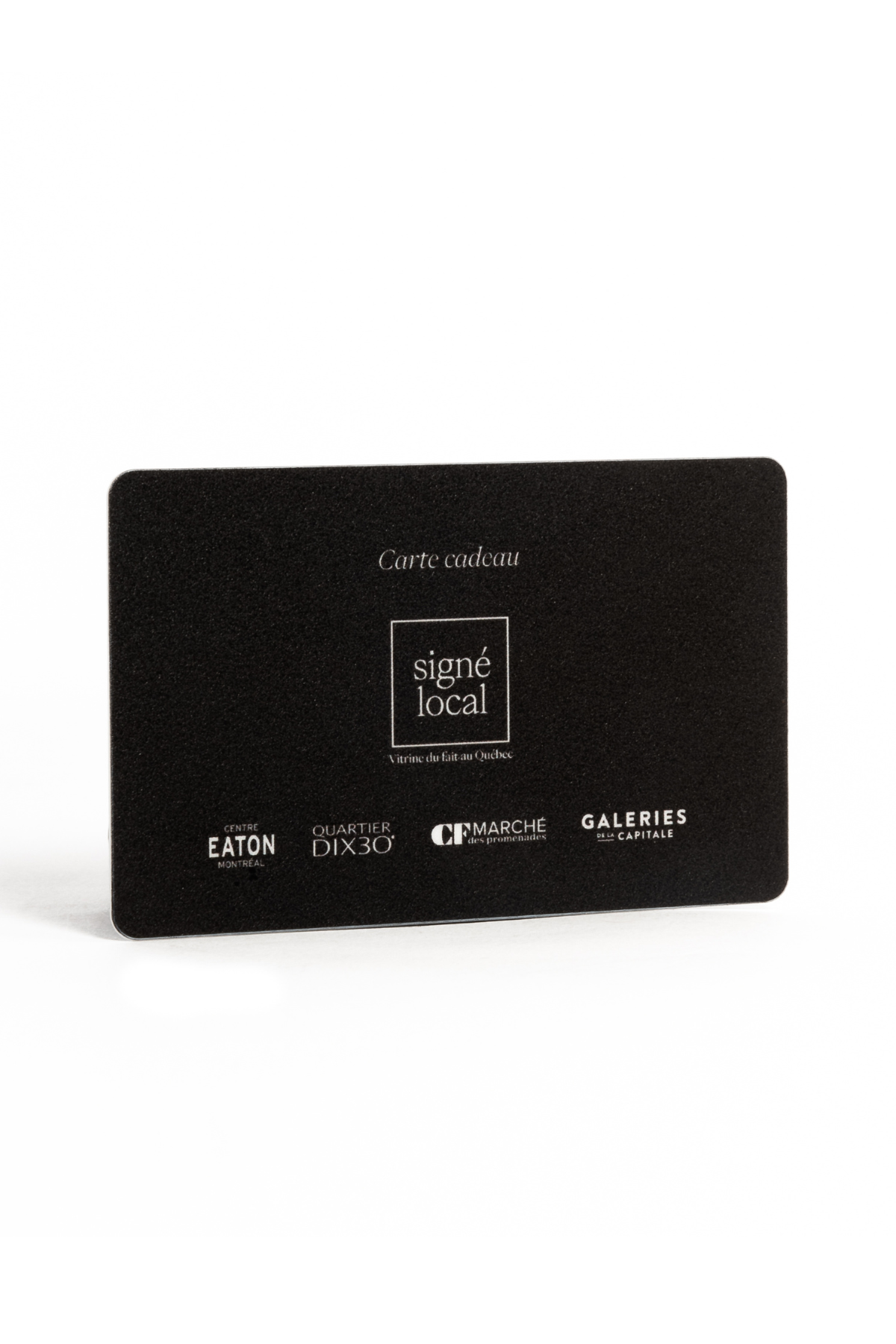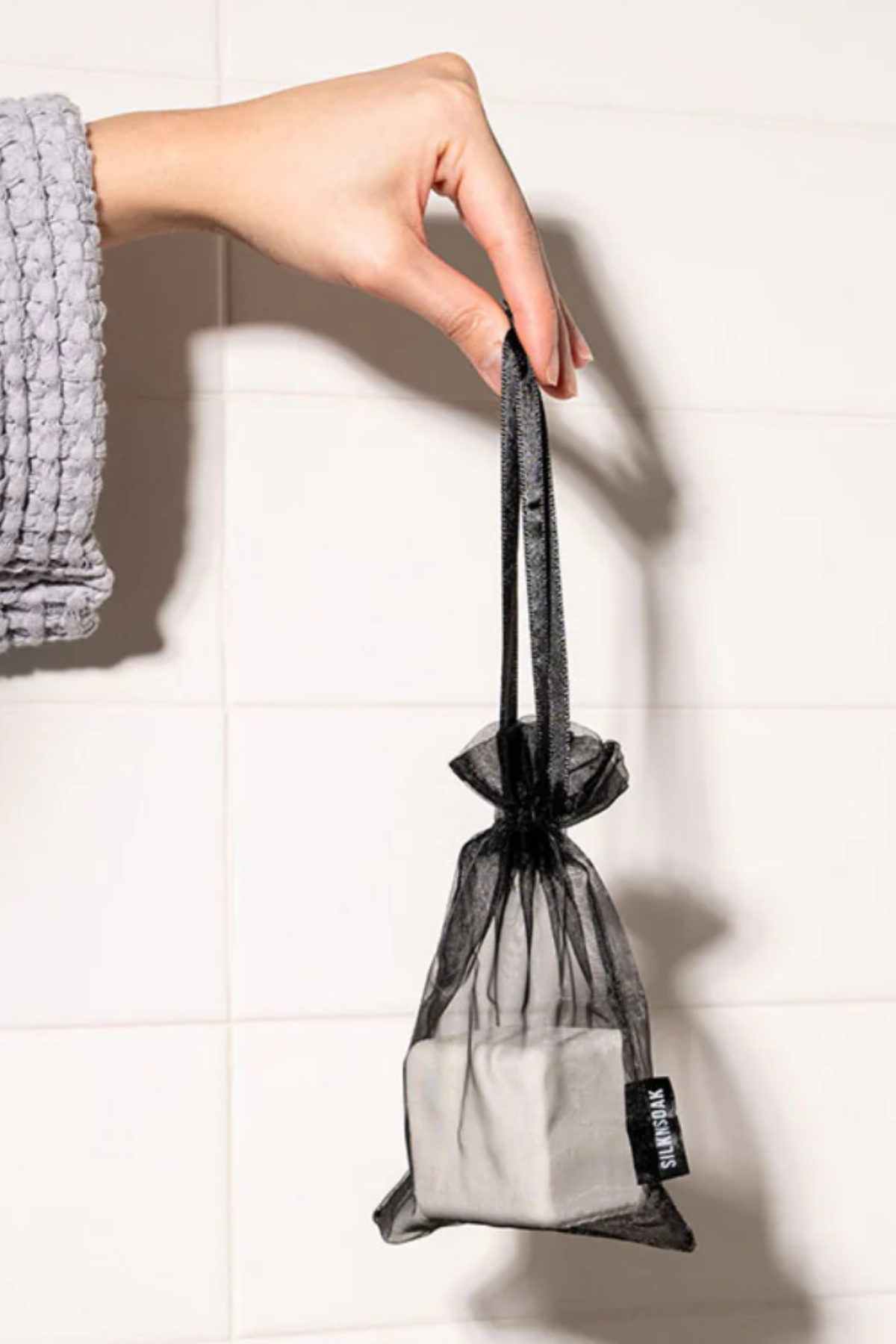Seasonal depression, seasonal depression, it's not a reason to hurt yourself! Will a time of pandemic, with additional confinement, increase our chances of feeling the effects? Absolutely. But never fear, we have a short guide to help you counter its effects and cope with shorter days, isolation, loss of energy and moodiness or sadness. Because taking care of yourself should be a priority, in 2021 more than ever.
*Note to the reader: this guide is made up of recommendations and does not constitute an official medical prescription. We recommend consulting directly with a health service provider for personalized assessment and advice.
-
Prioritize sleep
The principle here is simple: when the battery is exhausted, the machine stops working. So take the time to recharge your battery: aim for at least 8 hours of sleep per night. Do you have difficulty sleeping? Consider downloading a meditation app, reading a bedtime story, or playing ambient noise to help you fall asleep. You can also try taking naps during the day (less than an hour is recommended to maximize the benefits). With more energy, your mood will be better, and so will your productivity!
-
Drink water
Often underestimated, water allows you to have more energy, to concentrate better, and above all, to avoid headaches, memory problems and even mood disturbances. In order to keep yourself well hydrated, keep a bottle or glass of water close to you during the day and be sure to take a few sips several times an hour to allow for better absorption. Also try to avoid sugary or caffeinated drinks, which have a rather dehydrating effect (not to mention the calories ingested!).
Do you still need a little energy boost in the morning? Opt for a squeezed orange juice, strong in vitamin C, an excellent source of energy.
-
To move
Physical exercise has several psychological benefits including a decrease in depression, better stress management and, above all, an increase in energy. Yes, exercise gives energy! So try to incorporate some form of exercise into your day, even if it's only for a few minutes. Take a walk, stretch, follow an online cardio video; you are spoiled for choice!
What's more, getting some fresh air helps reduce stress and anxiety, improve concentration, and replenish vitamin D, even when the light is dim. But don't forget your sunscreen before you go out.
-
Meditate
Meditation is an excellent tool for better managing stress and anxiety. It also helps to reduce irritability and improve concentration. Several applications, videos and others are available online to guide you. This moment of calm and introspection will help you put things into perspective and release your tensions.
-
Take breaks
Do you take breaks during your working days? If not, consider starting. Taking a 5-15 minute break every hour or so may seem ineffective, but it actually increases productivity. It will also give you the opportunity to move your body, especially if you spend your days sitting at a desk, taking time to hydrate, eat a snack, or do stretches that will benefit your overall health.
-
Keep contact
Human contact is essential to our mental health. Although we cannot enjoy the company of our loved ones in person, that does not prevent us from keeping in touch with them. A phone call, a video call, or even a written message will allow you to maintain your relationships with your friends or family.
-
Prepare a homemade meal
Healthy eating is one of the pillars of health, both physical and mental. A balanced diet incorporating a good amount of fruits and vegetables will help you maintain your immune system as well as your energy level throughout the day. Take the opportunity to prepare a homemade meal, it will give you the opportunity to slow down and give your mood a nice little boost.
-
Do housework
Did you know that doing just 20 minutes of cleaning a week can reduce stress, anxiety and depression? In this season of confinement, what could be better than cleaning your home. And after all, when was the last time you cleaned your oven? Your air vents? Your dishwasher filter? While you're at it, you can take the opportunity to sort through your wardrobes and donate, reuse or recycle the items you no longer use.
-
Manage news and social media consumption
The news and social media can be a great source of stress and anxiety. Being informed is important, but overuse can quickly lead to obsession. When you feel your anxiety rising, turn off the TV, put down your cell phone, pick up the phone. Leave these tools aside; they'll still be there when you're ready to come back.
-
To plan
Whatever strategy you choose to deal with seasonal depression, we recommend one thing: make a plan. Take the time to reflect on your routine, your emotions, what works and what doesn't work for you. Then make a list of what you would like to change. Add activities to your planner or calendar. And if you need help, don't hesitate to ask, whether by contacting one of your loved ones or one of the many resources at your disposal:
- Wellness Together Canada : text MIEUX to 741741 (or visit the site).
- Listening to Mutual Aid (supports people struggling with emotional pain): 1-855-365-4463
- Info-Social (psychosocial telephone consultation): 811
- Quebec Provincial Suicide Prevention Line: 1-866-277-3553.
- Canada Suicide Prevention Service: 1-833-456-4566 (24 hours) or text 45645 (4 p.m. to midnight EST).
- Hope for Wellness Helpline (available to all Indigenous people in Canada): 1-855-242-3310 (anytime) or use the chat tool on their site.
Pandemic-related government resources:
- Government of Quebec – Getting better in the context of a pandemic
- Government of Canada – Taking care of your mental and physical health during the COVID-19 pandemic
We wish you a happy new year 2021 and good mental health to all.

Reviewed by MF Editorial
















































Leave a comment
This site is protected by hCaptcha and the hCaptcha Privacy Policy and Terms of Service apply.